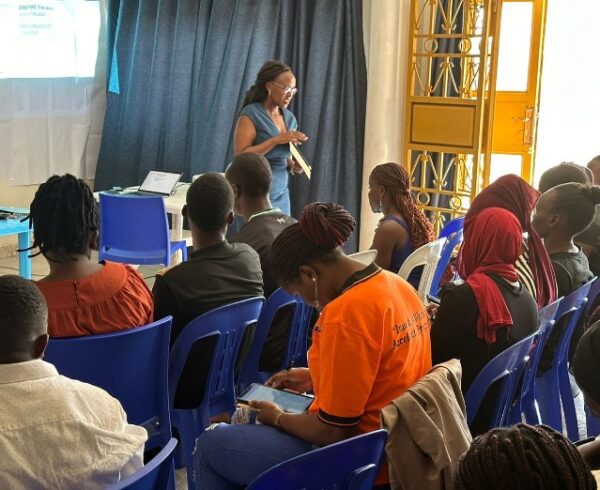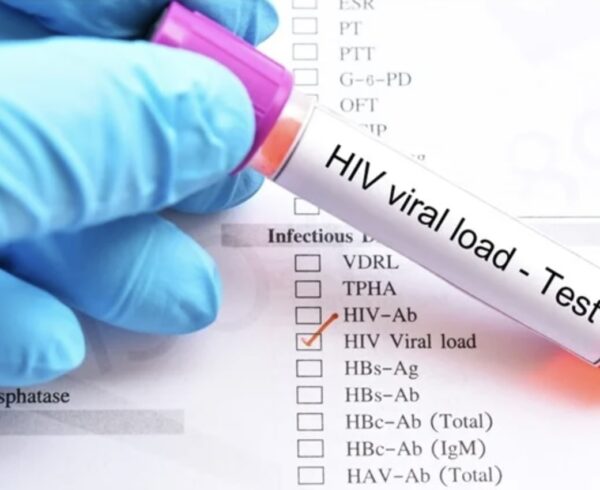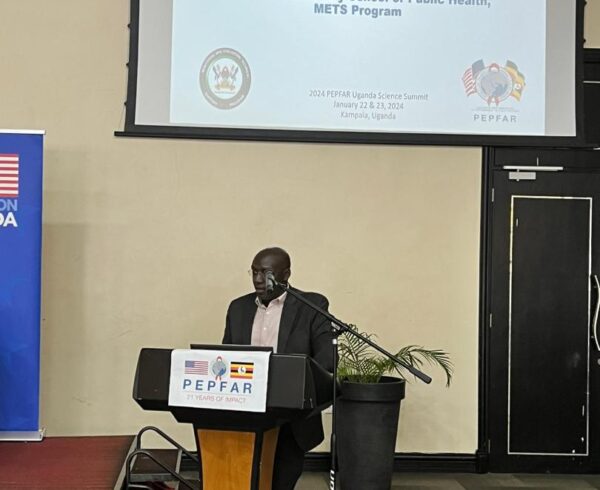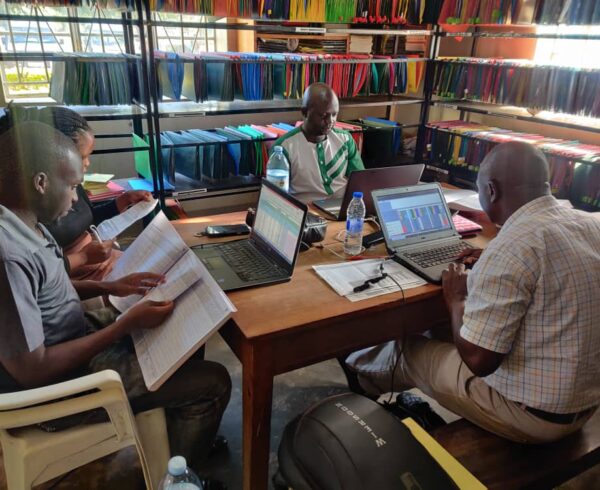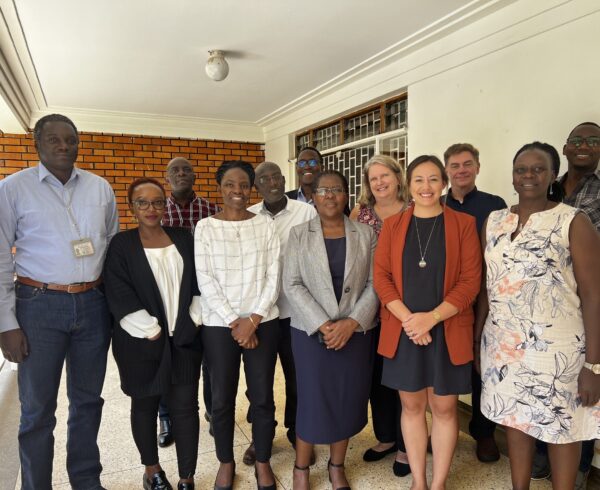GOVERNANCE, LEADERSHIP AND MANAGEMENT FELLOWSHIP TRAINING
In Uganda, under the decentralization system, districts are a vital aspect of the health service delivery and its management. Evidence from various stakeholders suggests that there is need for strengthening capacity in health governance, leadership and management (GLM) at district level to be able to achieve the required improvements in health services delivery. This is because GLM is one of the core health system building blocks but has largely not been addressed.
Makerere University School of Public Health (MakSPH) in conjunction with the Ministry of Health (MoH), supported by the Centers for Disease control and Prevention (CDC) designed a capacity building program for health managers targeted at the district level. The program goal is to equip the health managers with knowledge and skills to effectively provide quality health services within the respective districts.
This program was designed for Health Managers from Districts such as District Health Officers, Assistant District Health Officers, In-charges of large volume district health facilities and Disease focal persons. It is expected that the target participants will be equipped with knowledge and practical skills in health governance, leadership and management, to monitor and identify performance gaps and their causes, as well as to be able to identify local priority health needs using information derived from quality data and use it to formulate appropriate actions to address them.
The training is conducted over a period of nine months with modular face-to-face sessions that are interspersed with periods of field work at the participants’ duty stations.
The training methodology is modular and work-based in nature, allowing participants to undertake the course while they continue with their employment. Trainings are competence-based, emphasizing hands-on application of knowledge using local government management procedures, tools and materials. On-the-job mentorship and coaching is also provided to enable participants deliver on outputs that directly relate to their day-to-day work.
A face-to-face session was held in August 2019 and participants were taken through various course modules. They were also able to identify service delivery gaps in their districts, analyzed them and their causes, and designed interventions to address them. Participants then developed concepts for the projects they intended to undertake later during the Fellowship program.
During the Second face- to- face session, which is expected to take place in September 2019, the participants will be supported to develop proposals and later return to their work stations to implement their approved projects. While back at their stations, they will be supported both by their line supervisors and assigned mentors and are expected to submit a bi-monthly basis report on progress made on their projects. At the end of the Fellowship, participants present their project results at a dissemination conference attended by a wide range of stakeholders from National, Regional and District levels. A final project report is submitted to Makerere University School of Public Health and the Ministry of Health in fulfillment of the requirements for the award of a Fellowship in Governance, Leadership and Management of District Health Services.
This is the 3rd cohort of fellows that targeted participants from the 9 Districts of West Nile (Moyo, Adjumani, Yumbe, Koboko, Maracha, Arua, Zombo, Nebbi, Pakwach) and the newly created Districts of Kyotera, Bukomansimbi, Kalungu, Bunyangabu, Kakumiro and Kagadi.

